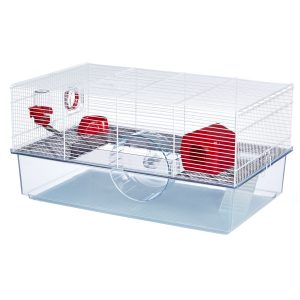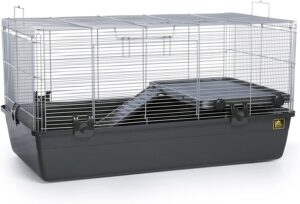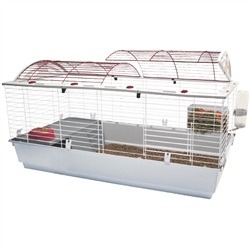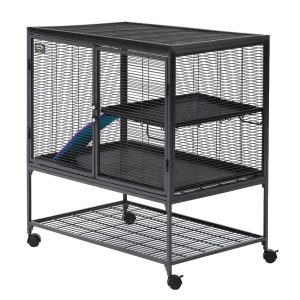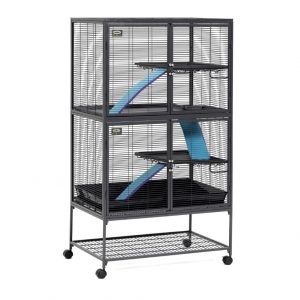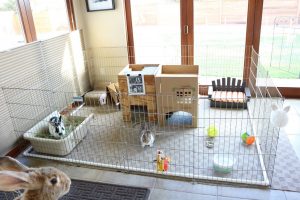-
Adopt
-
Veterinary Care
Services
Client Information
- What to Expect – Angell Boston
- Client Rights and Responsibilities
- Payments / Financial Assistance
- Pharmacy
- Client Policies
- Our Doctors
- Grief Support / Counseling
- Directions and Parking
- Helpful “How-to” Pet Care
Online Payments
Referrals
- Referral Forms/Contact
- Direct Connect
- Referring Veterinarian Portal
- Clinical Articles
- Partners in Care Newsletter
CE, Internships & Alumni Info
CE Seminar Schedule
Emergency: Boston
Emergency: Waltham
Poison Control Hotline
-
Programs & Resources
- Careers
-
Donate Now
Thank you for your interest in adopting a small animal! We appreciate you looking into providing a loving home for a small animal in need. One very important factor in the care of a small animal is where they are going to live.
If you haven’t picked out an enclosure yet, we’d love to help!
Below, you will find a list of the minimum cage dimensions that are acceptable for housing the various small animals we commonly see in our adoption center. When it comes to cages – generally the bigger the better!
A Few Important Recommendations
- Cages with a wire or mesh top and a solid bottom are preferred over glass for proper air ventilation. Avoid wire mesh platforms or bottoms, which can cause abrasions to feet, as well as possibly catch and break toes and tails.
- Make sure the spacing of the bars is small enough that your pet cannot escape!
- We do not suggest using habitrails or plastic enclosures (they are poorly ventilated, easy to chew through and break, difficult to clean, and often too small).
Important Note: All small animals should also get half an hour or more of time daily to interact with their owners, exercise, and play.
Housing Dimension Guidelines
Hamsters: 12”x12”x20” wire cage or 20 gallon aquarium for 1-3 hamsters (ideally with mesh topper and multiple levels). *Syrian or “Teddy Bear” Hamsters should not be housed in groups and should live alone.
Mice: 12”x12”x20” wire cage or 20 gallon aquarium for 1-3 mice(ideally with mesh topper and multiple levels)
Gerbils: 20”x20”x12” wire cage or 20 gallon aquarium for 1-2 gerbils (ideally with mesh topper) with multiple levels
Rats: 24”X24”X24” wire cage with multiple levels for 1-2 rats, bars should be 1/2″ apart.
Degus: 24”x24”x36” wire cage with multiple levels for 1-3 degus. Bar spacing should be at most ½”.
Guinea Pigs: 6.5ft² wire cage (30”x36”) for 1-2 guinea pigs; preferably 10.5ft² (30”x50”) for 2 guinea pigs; 8ft² for 3 guinea pigs but preferably 13ft² (30”x62”)
Rabbits: 8ft² of space enclosed by an exercise pen; plus access to an additional 24ft² space outside of their enclosure to exercise and play in for a minimum of 4 hours daily with supervision
Chinchillas: 30”x24”x15” wire cage with multiple levels (ideally 6x3x2ft for 1-3 chinchillas); plus access to an additional space outside of their enclosure to exercise and play in for a minimum of 1 hour daily with supervision
Ferrets: 24”x24”x48” wire cage (ideally 6x3x2ft for 1-3 ferrets); plus access to an additional space outside of their enclosure to exercise and play in for a minimum of 4 hours daily with supervision
Sugar Gliders: 24″ x 24″ x 36 inches (minimum). For sugar gliders; larger is always better, keeping in mind that height is most important for gliders. The spacing of the wire should be no more than 1/2 inch. plus access to nest boxes and branches to climb. Spacing between bars should be less than 1/4 inch, wire openings should be smaller than 1 inch by 1 inch.
If cost is an issue – you can find a lot of great second hand cages out there, good places to look are Facebook Marketplace and Craigslist!
Examples of Appropriate Cages By Species and Links to Purchase
| Dwarf Hamster/Mouse Cage | Gerbil or Syrian Hamster Cage | Guinea Pig Cage |
| Rat and Degu Cage | Ferret/Chinchilla Cage
|
Rabbit Cage |
Sugar Glider Cage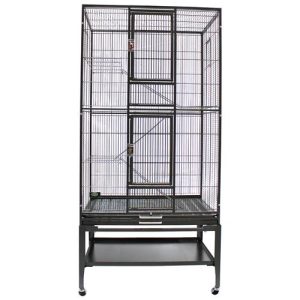 |
